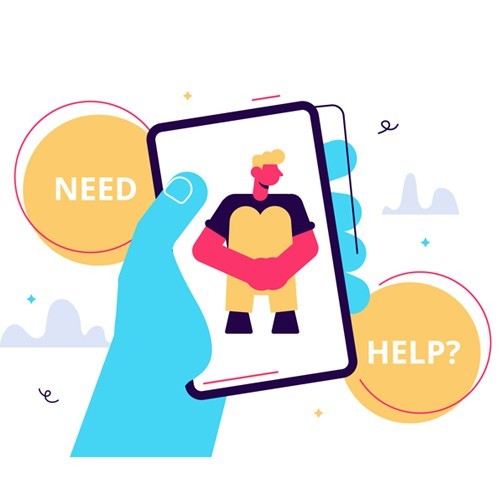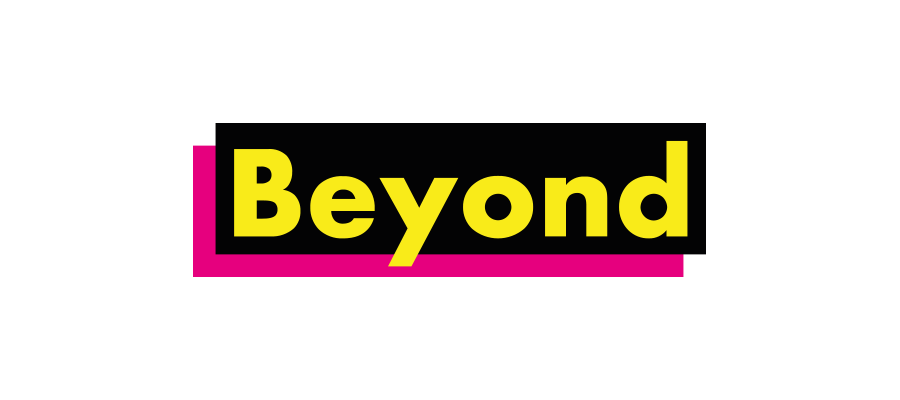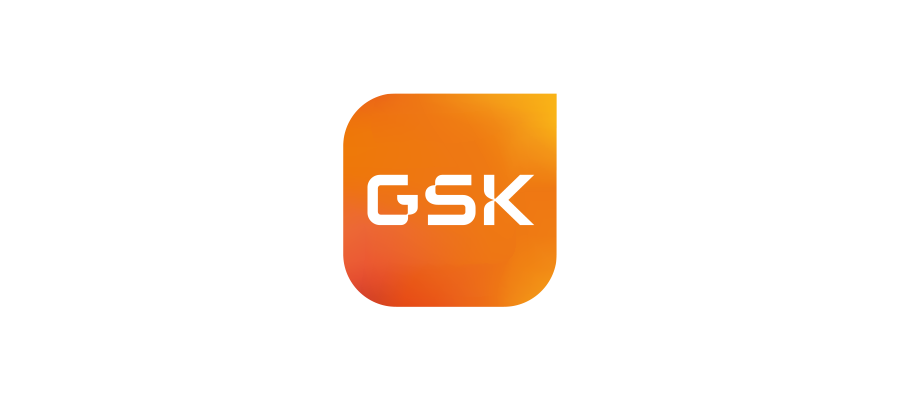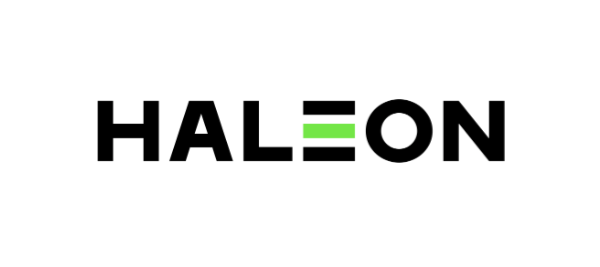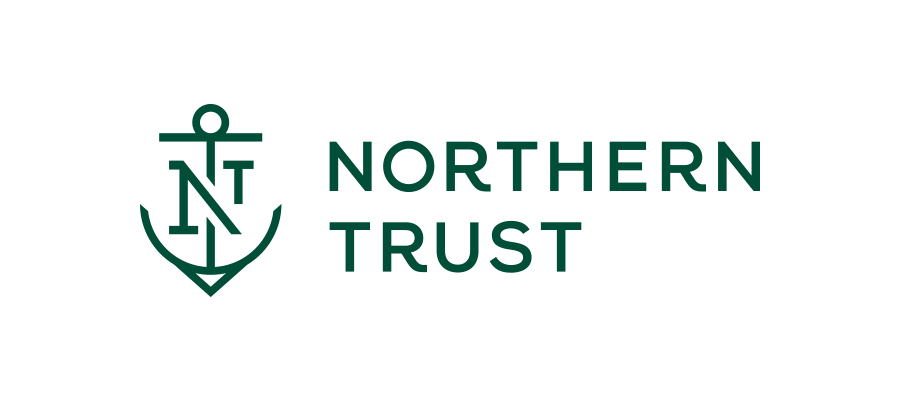A guide to choosing the right mental health app for your workforce

How do you choose which app is right for your organisation?
A guide to choosing the right mental health app for your workforce
With the pandemic having thrown the need for an effective mental health strategy into even sharper focus, many employers are turning to mental health apps as part of their programme to look after employees’ wellbeing. An app can never be an equal substitute for face-to-face care, nor will it remove the need for a systemic approach to providing a healthy working environment. But apps can offer an easy-access, cost-effective means of helping employees manage their stress. They can also offer easy communication, while collecting data that can be used to improve the workplace strategy.
But with so many apps out there, how do you choose which one is right for your organisation? Read our handy guide to find out what to look for…
1.Personalisation
People are complex, and workforces made up of many different people even more so. Is the app suited to the mental health needs of the kinds of people working in your organisation? Look at the kind of content and consider whether it will be likely to engage your workforce. You need an app that you can roll out globally, but which can offer personalised, individual mental health journeys.
2.Stepped care
Does the app enable you to triage employees who may need additional support? While the app itself might be sufficient provision for some members of your organisation, you need to be able to link through to appropriate care when needed. This could be employee assistance programme (EAP) services, or therapy. If your app helps you do this, you can make sure you’re covering employee health from prevention through to treatment.
3.Engagement and efficacy
There are two key things to look at here: how much do people use the app, and how well does it work? Checking usage rates on the App Store will give you a good idea about the first of these. The second is trickier to evaluate. Reviews on the App Store can be a starting point. Is the app based on recognised methodologies such as mindfulness, cognitive behavioural therapy (CBT), acceptance and commitment therapy (ACT), positive psychology or sleep science? If there are any case studies or research studies available, these can help you make an informed assessment.
4.Independent reviews
To access thousands of independent health and care app reviews, visit ORCHA’s app library at https://appfinder.orcha.co.uk/. ORCHA is the world’s leading health app evaluation and advisor organisation. It prides itself on offering clinical assurance, data security and an effective user experience.
5.Customer success support
Does the app provider offer support to help you make the rollout of the app a success? This could be in the form of engagement collateral such as posters, flyers or monthly themes, in-person or digital events, or ongoing advice on overcoming barriers to participation. Partnering with a provider who can help you with these things will help you extract the maximum value from the app.
Nicky Hemmings
Workplace Scientist
